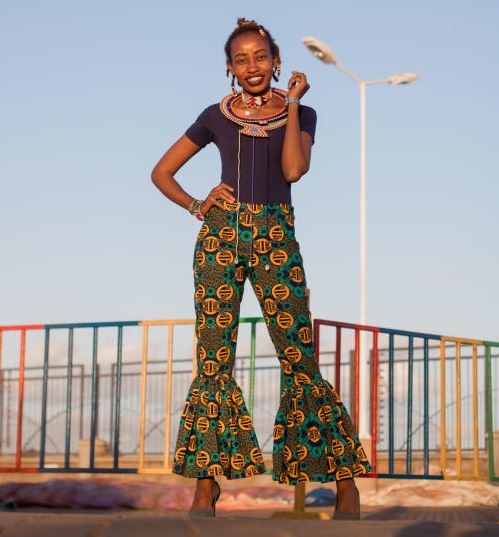×
The Standard e-Paper
Stay Informed, Even Offline

Njoki Ndung’u is a fashion entrepreneur whose designs are making the right kind of noise.
At 26, she’s managed to turn her label, Njoki Ndung’u, into a business with a solid client base that brings in an average of Sh70,000 a week, or up to Sh100,000 when sales are good.